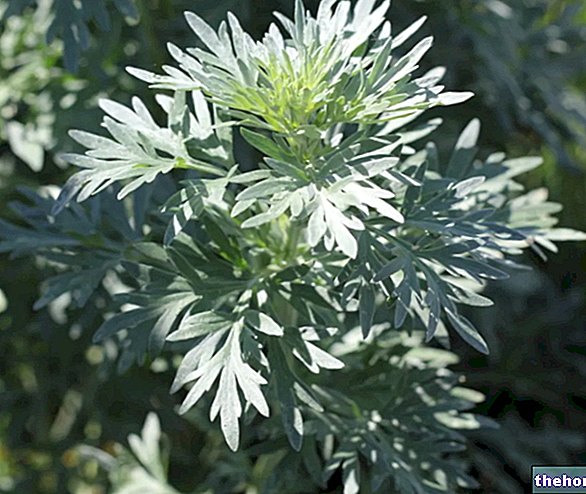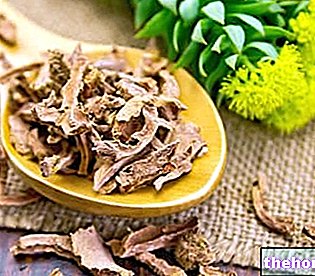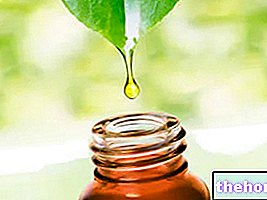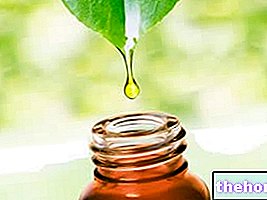This article is intended to help the reader in the rapid identification of natural remedies useful in the treatment of various symptoms, ailments and diseases.
For some remedies listed, this usefulness may not have been confirmed by sufficient experimental tests, carried out with a scientific method. Furthermore, any natural remedy has potential risks and contraindications.
If available, we therefore recommend clicking on the link corresponding to the individual remedy to learn more about the topic.
In any case, we remind you of the importance of avoiding self-treatment and of consulting your doctor in advance to ascertain the absence of contraindications and drug interactions.
This inflammatory process affecting the gums is accompanied by characteristic symptoms, such as ease of gingival bleeding (spontaneous or following minimal trauma, such as brushing operations), bad breath, edematous (swollen) appearance of the gums, pain (in acute cases ) and gingival redness.
If neglected, gingivitis from poor oral hygiene can extend by gravity to the underlying bone and to the ligament that holds it anchored to the tooth; in this case we speak of periodontitis, a disease that can lead to the tooth falling out.

In addition to poor oral hygiene, gingivitis can be the result of trauma (too vigorous brushing, improper flossing, too hot or too cold food), nutritional deficiencies (vitamin C deficiency scurvy or vitamin K deficiency) and illness o drugs that increase susceptibility to oral infections (diabetes, AIDS, leukemia, Addison's disease).
There are also conditions that facilitate gingival bleeding, such as pregnancy, smoking or chewing tobacco, and the use of anticoagulant drugs such as warfarin (Coumadin), acenocoumarol (sintrom) and heparin.
As always, the treatment of gingivitis depends on the underlying etiological factor, but in general it cannot disregard, first of all, correct oral hygiene.
of an infectious nature: propolis, essential oil drugs (sage, mint, menthol, cloves, chamomile, anise) for their disinfectant properties; drugs rich in tannins (witch hazel, rhatany, tormentilla, oak bark) for their astringent and anti-edematous properties.
Stress gingivitis or generalized decrease in immune defenses: eleutherococcus, uncaria, ginseng, echinacea, androgafis, astragalus, mistletoe.
Supportive phytotherapy in the presence of gingivitis and stomatitis of various origins: mucilaginous drugs (marshmallow, mallow, aloe gel), which layering on the mucous membranes of the oral cavity as a sort of gel protect the mouth from further insults and soothe inflammation.
Myrrh, one of the most used herbal remedies in the presence of gingivitis, owes its action to the set of three classes of important active ingredients: essential oil, with antibacterial properties, gums, which protect the mucous membranes, and derivatives terpenic, with anti-inflammatory and astringent properties.
Calendula is also useful for its anti-inflammatory and healing properties.




























